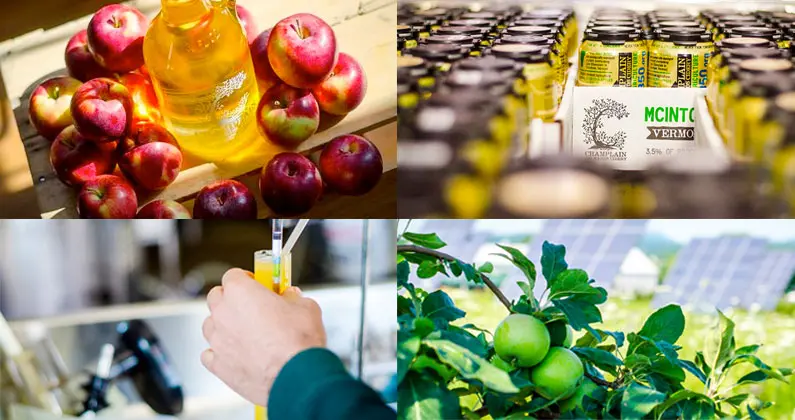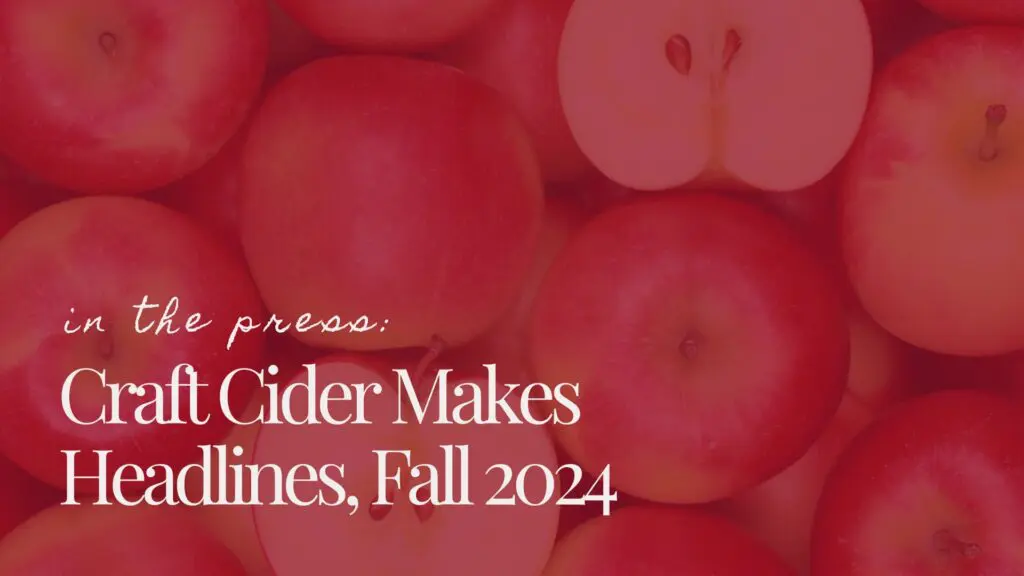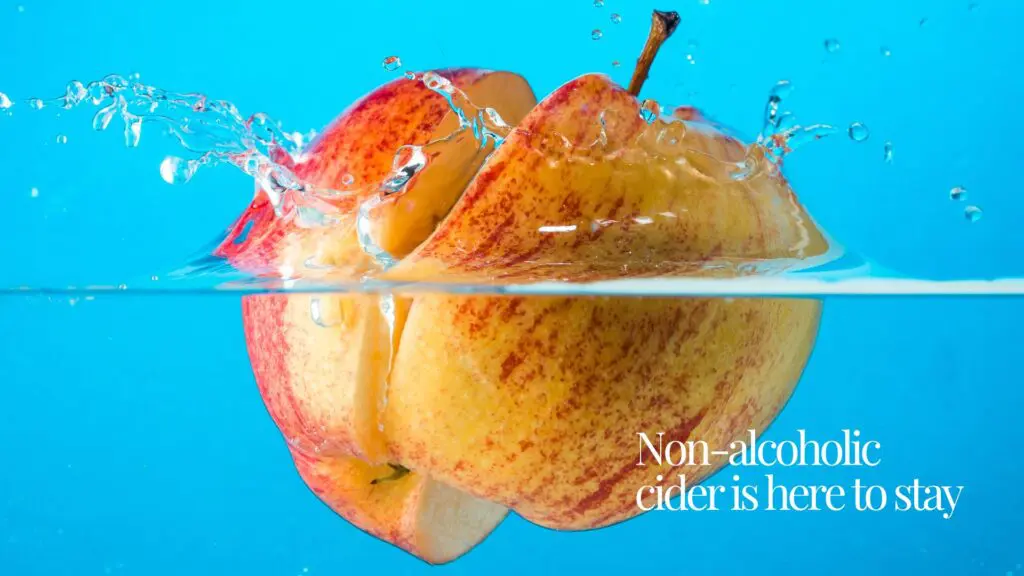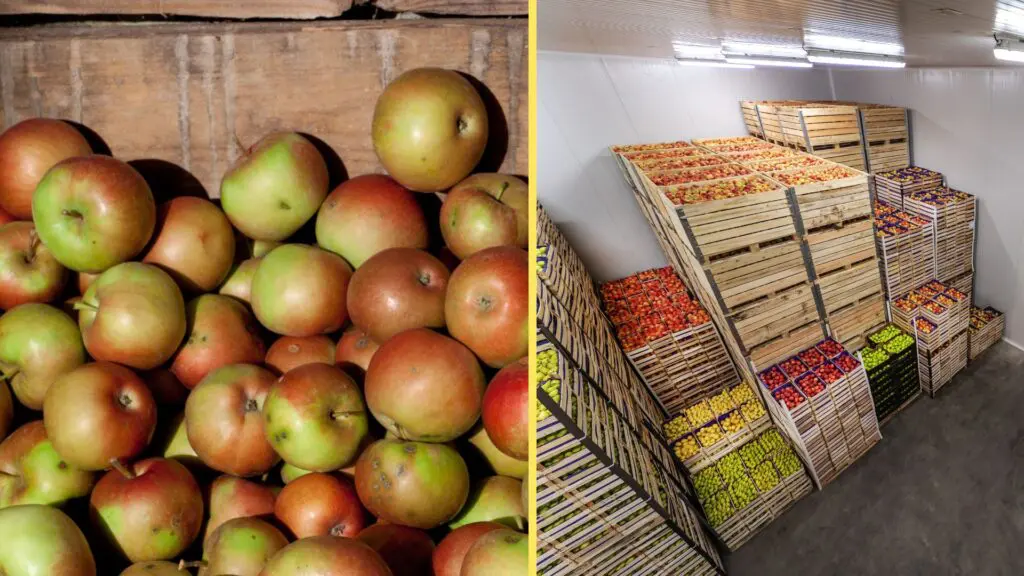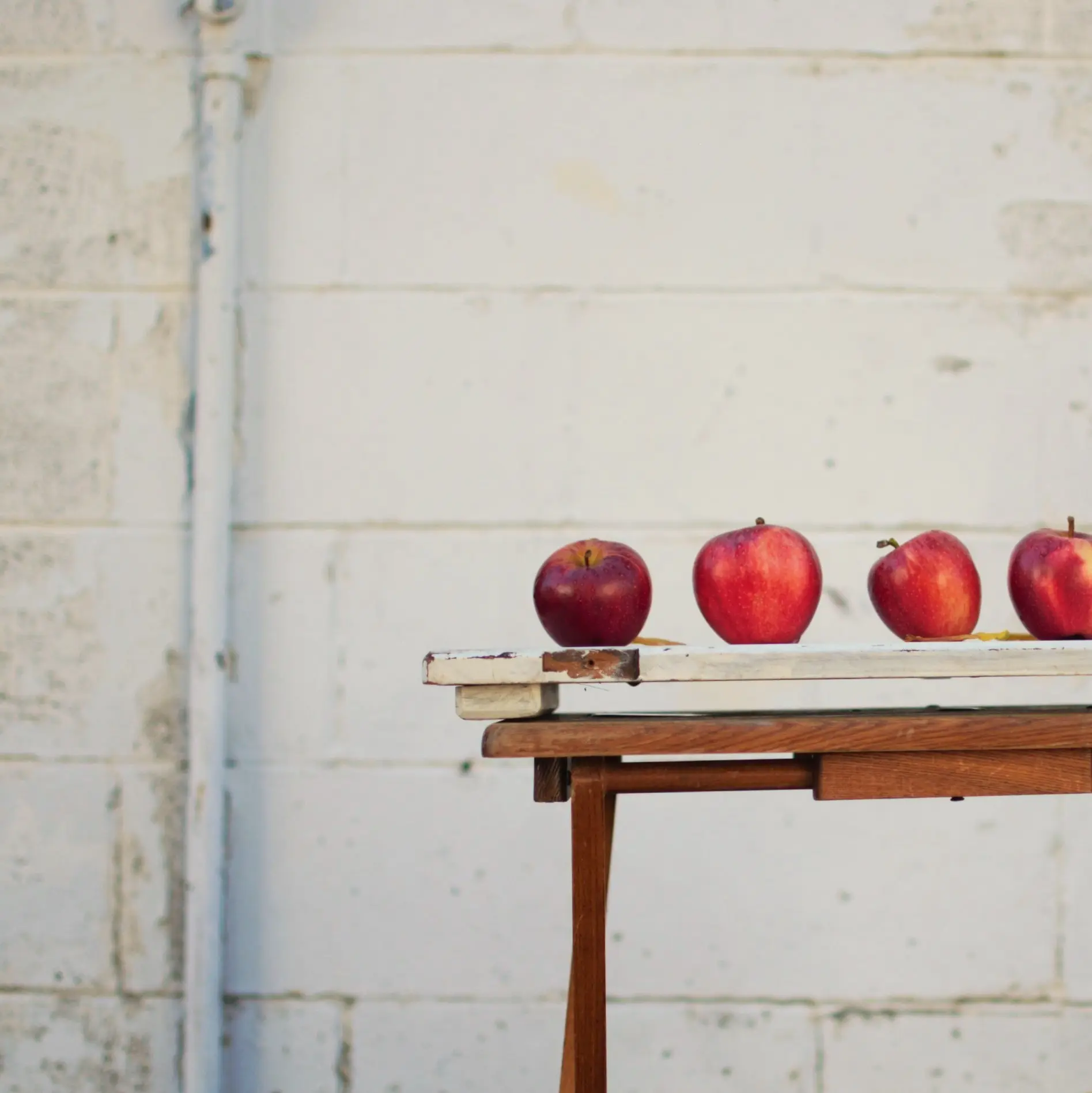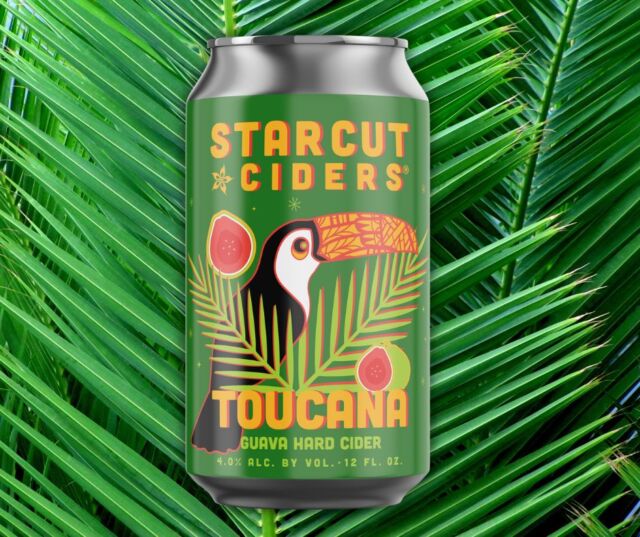The year was 1998 and instead of following peers into the dot-com bubble, 27-year-old Bill Suhr bought a 60-acre orchard in Shoreham, Vermont. What used to be a commercial entity quickly became an orchard under renovation, focused on bringing older apple varieties back to life.
Today, 18 years later, Suhr’s orchard has grown to 250 acres with 107 apple varieties grown commercially for sale to supermarkets, food co-ops, universities and hospitals within a two-hour drive from the farm. All of the fruits are stored on site and distributed; some packed for fresh delivery, some made into sweet cider, others into apple pie or apple butter, some pressed into cider syrup and now, the fastest growing market, hard cider.
The speed in which cider is picking up across the nation has Champlain Orchards putting more focus into producing this delicious sip while using the same apples (and beyond) that consumers love to eat. “It’s allowed us to diversify the apples we’re growing and some of these apples are quite sought after on the fresh market as well as the cider market,” says Suhr.
Focused on natural, Champlain’s ciders receive zero additional sugar or back-sweetening, either. According to Suhr, both the flavor and the alcohol content are to be derived from the chosen variety, and the variety is chosen for those specifics characteristics.
“We feel like that’s a strong point for a farm-based cidery,” Suhr says. “I feel quite good about the fact that we’re not raising our alcohol content fermenting with sugar, nor are we back-sweetening with sugar to appease everyone’s palate.”
Although they try to keep everything local from cranberries to hops, they still need to source greenhouse-grown ginger for their ginger cider. Suhr says the limited release ginger cider is one of their most popular ciders and will soon be on the cidery’s regular offering list. As for their sweet ciders, they haven’t put too much effort into creating a high-end beverage due to the fact the hard cider market is currently in higher demand.
Not only is Suhr’s team constantly reinventing each taste, they are also planting specific varieties that are disease resistant and selected to thrive in their specific ecosystem, ensuring a healthy harvest and return.
“It’s a wonderful resource for a 250-acre orchard to be able to know ahead of time,” Suhr says. “If we weren’t sizing the fruit quite right for the fresh apple market, that it could be quickly routed over to the hard cidermaker and re-coop its fresh market value in the bottle.”
The privately owned orchard continues to grow annually, planting 15,000 trees each year. At the moment, they have a 35-acre parcel that is dedicated specifically to cider-specific varieties, which they also plan to increase in size by roughly 5 acres each year.
“When it comes to securing and retaining shelf space, we have found we have to have full time focus in the marketplace,” Suhr says. “We do feel that the craft side of the cider market will continue to grow, I think we’re growing a little over 100 percent at the moment. We would ironically call that organic growth.”

